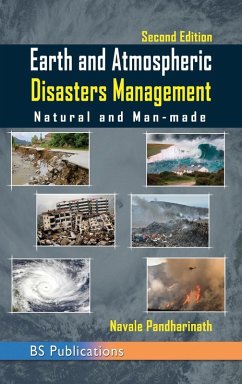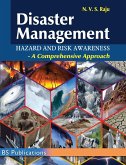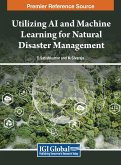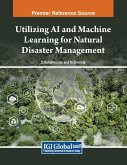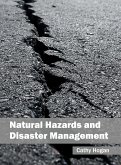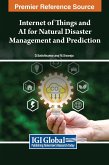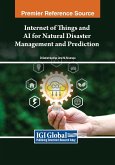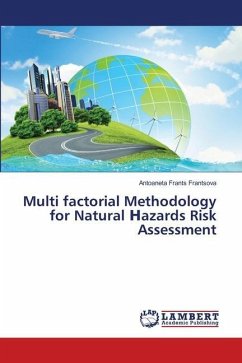In recent decades, it is observed, there is a rise in disasters all over the world and attributed to global warming and climate change. In order to reduce the adverse effect of natural disaster events and to educate the people over the world how to minimize the losses, particularly life, the world body (UN) declared the decade 1990-1999 as "International Decade for Natural Disaster Reduction". As a result, the subject Disaster Management is being introduced in university syllabus. The present book designed to serve as a textbook/reference book for various courses in various educational curriculums. It meets both the needs of teachers, professionals, scientific community and Govt. executives. Features · Environment-atmosphere, Hydrosphere, Lithosphere, Biosphere · General aspects of Disaster Management plan · Meteorological, Hydrological disasters-cyclones, floods, monsoons, droughts, heat /cold waves, thunderstorms, tornadoes, dust /snow storms. · Geological hazards-earthquakes, volcanoes, landslides, avalanches, Tsunamis · Space based satellite observations to detect and mitigate natural hazards/disasters adverse effects and use in communication · Radar and its use in detection of cyclones, Tornadoes etc. Role of IMD, CWC, NGRI, NRSC, Defence/Air force, Health dept. ministry of Navy, Redcross, NGOs and local authority · General Aviation hazards and safety measures. · Air pollution, water pollution, soil pollution · Natural Resources-air, water, soil, solid wastes · Chemical hazards, Radiation hazards Disaster Management act 2005 NDMAP, NDMA, Role of central and state Govts. NDRF
Hinweis: Dieser Artikel kann nur an eine deutsche Lieferadresse ausgeliefert werden.
Hinweis: Dieser Artikel kann nur an eine deutsche Lieferadresse ausgeliefert werden.

